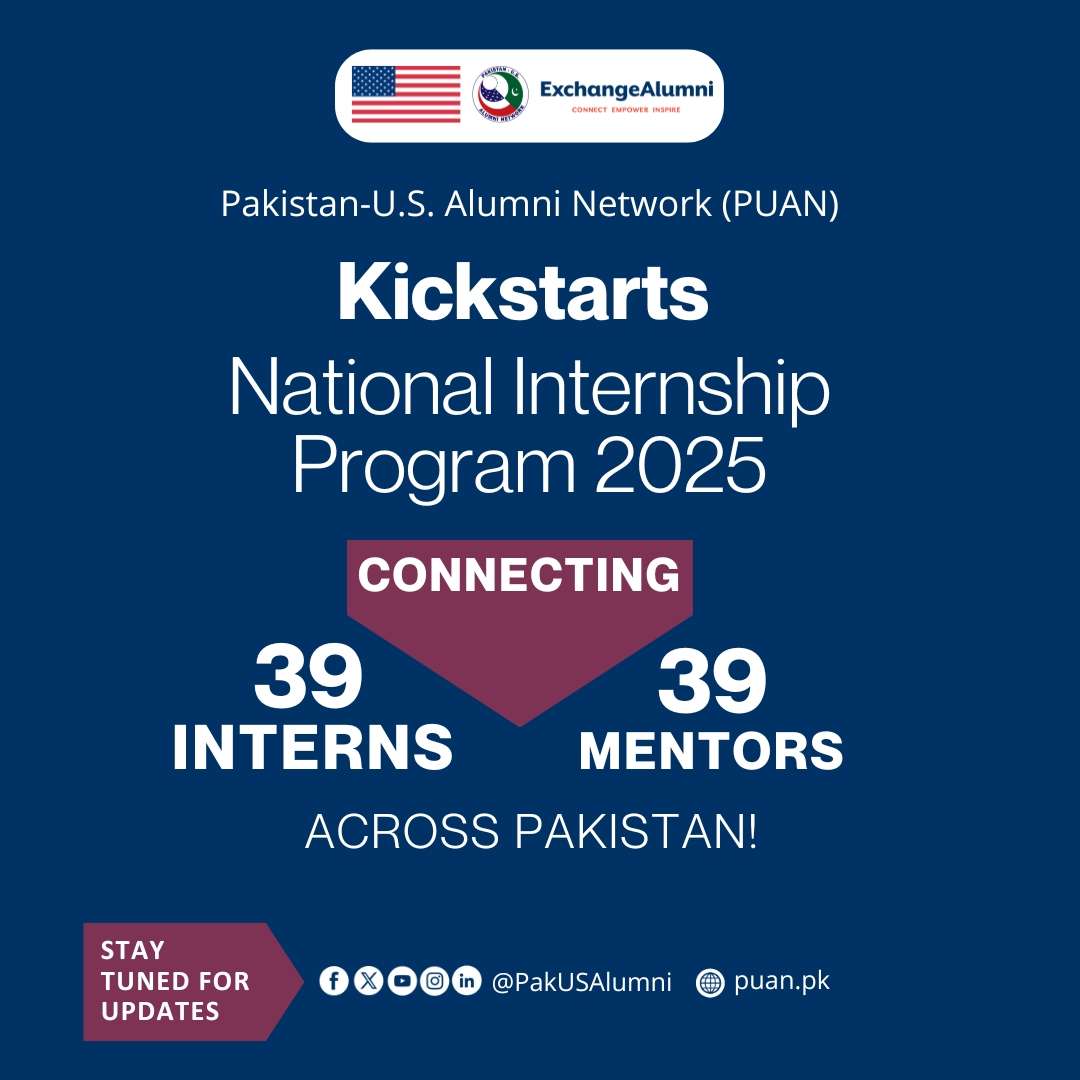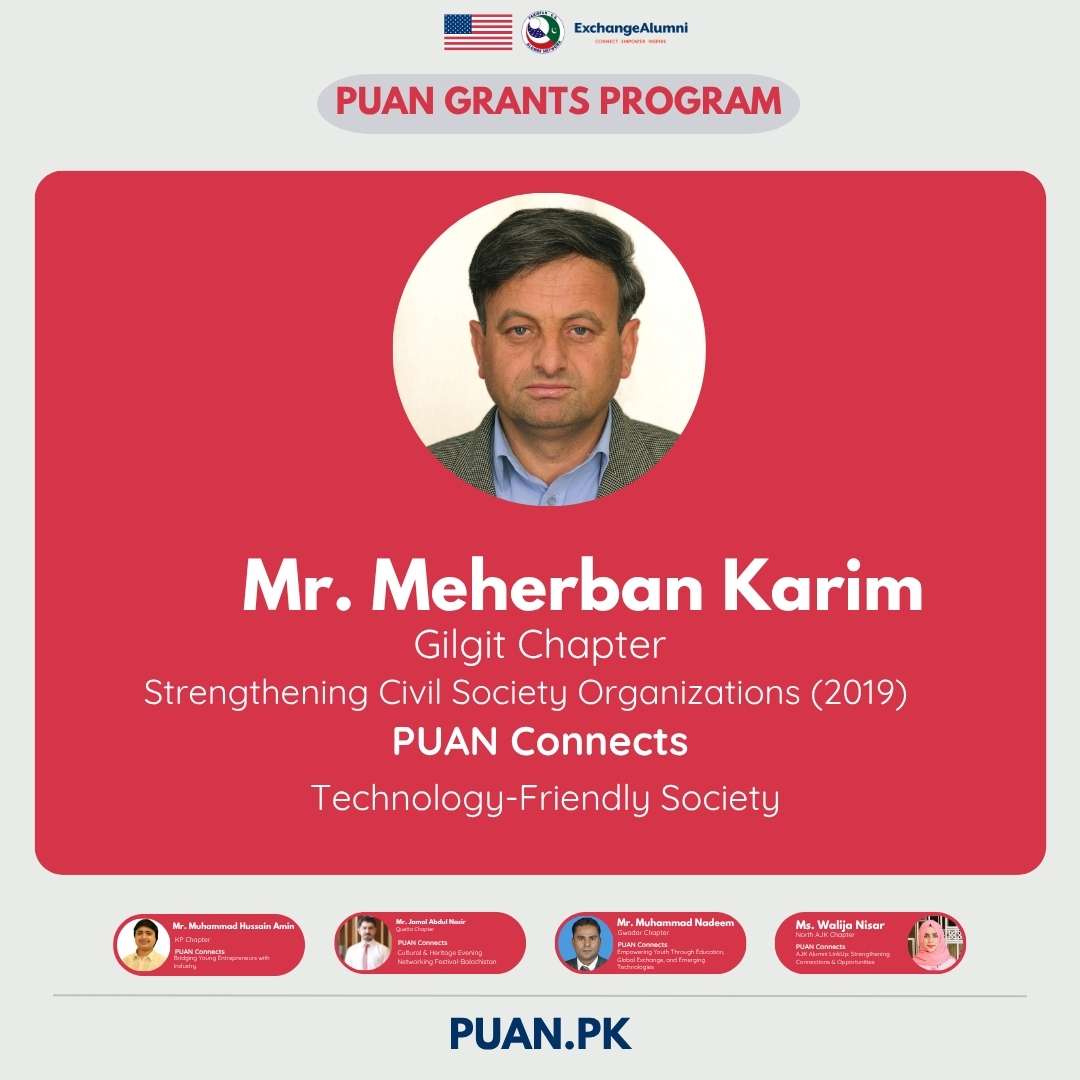By: Shehneela Mazhar
Under our #PUANEcoWarriors series, meet Dr. Noor Jehan! She is an accomplished Associate Professor of Economics at Abdul Wali Khan University Mardan, Pakistan, and is a proud alumna of the Women Leadership program sponsored by the USAID’s Higher Education System Strengthening Activity (HEESA) project. Her journey towards becoming a dedicated climate advocate and researcher began with insightful conversations with her father—a retired agricultural officer and rural development specialist.
Driven by the recurrent incidents of mountain fires in their village, often exacerbated by mining explosions, Dr. Noor Jehan delved into the intricate web of climate change. These incidents also led to allergies and health issues among the local population. Discussing alterations in crop patterns and the impact of specific trees on irrigation water sparked her curiosity and fueled her research endeavors.
In 2011, during her MPhil research, Dr. Noor Jehan made her initial foray into innovative thinking by assessing the demand for filtered water—an endeavor that was lauded for its out-of-the-box approach. This pioneering effort bore fruit with a publication in the Journal of Rural Development.
A prominent highlight of her research portfolio is a groundbreaking study on the health and environmental consequences of coal mines in Baluchistan. This impactful research found a home in a prestigious Q1 journal, gaining recognition through an impressive citation record.
While her scholarly pursuits initially encompassed a diverse range of topics from climate change to green technology and ecofeminism, Dr. Noor Jehan’s focus gradually shifted towards macroeconomics. Collaborating with fellow researchers, she successfully published three papers addressing the critical issue of CO2 emissions.
Notably, her recent study delved into the nexus between Urban Sprawl and its potential impact on CO2 emissions in Pakistan. This research yielded insightful outcomes that can significantly influence future policy directions, advocating measures like urban population reduction and enhanced transportation systems.
In parallel, Dr. Noor Jehan undertook a significant project exploring the interplay between fossil fuels, renewable energy, economic growth, and CO2 emissions in the economies of South Asia. This ongoing project is poised to contribute substantially to the discourse on environmental sustainability.
One of her current undertakings involves combating the likely adverse environmental effects of urban sprawl—an endeavor that resonates with many stakeholders as a looming threat.
Dr. Noor Jehan’s research is deeply rooted in driving policy recommendations. Her outcomes play a pivotal role in devising effective interventions and guiding transformative changes toward a more sustainable future.





